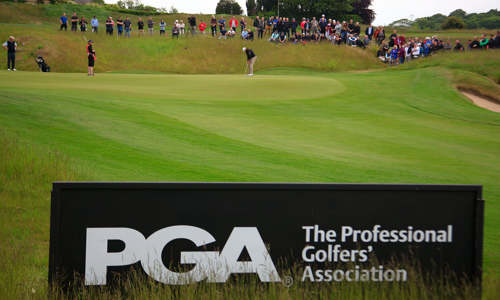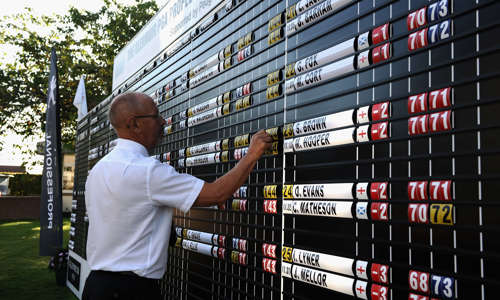“Beforehand, the Chief Referee on the DP World Tour, Mark Litton, said that if you needed a rule book then you shouldn’t really be there. The players don’t want to see you with a rule book. I had read it so many times and I focused on the rules in foursomes and matchplay. As a referee you don’t get called on all the time, but you have to be ready when needed and it’s about being confident and a little bit authoritative. You have to introduce yourself to the players and tell them that, whatever they might need, to just let you know.
“You usually do two observing roles and one refereeing. So I observed the foursomes match between Viktor Hovland and Ludvig Aberg and Max Homa and Brian Harman and then the fourball between Justin Rose and Bob MacIntyre versus Jordan Spieth and Justin Thomas. Then I refereed the singles match between Matt Fitzpatrick and Max Homa. I was the person on the TV doing the ruling when Homa dropped it on the 18th.
“Homa was one up going down the 18th and, if Fitzpatrick could get a half, then it looked like that might secure the Ryder Cup. They both hit good tee shots and we all thought Homa had hit his second into the bunker. But he hit it into a piece of grass that was about three inches to the right. His caddie convinced him to drop it, explaining that he could pitch it on to 10 feet and then hole it.
“So he took an unplayable and dropped it back online. His caddie was pretty clear in his thinking, he asked me if he could drop it where he did and I explained that, as long as it stays within a circle, then he would be fine. He then pitched it on and holed it for a par five to win the match.
“As a referee, to a certain extent the last thing you want is for a player to pick it up as it means that you have to get involved. You know that the world is watching, so I was aware of the gravity of the situation, and I was quite pleased that I didn’t turn into a gibbering wreck. But I was quite happy when he got the ball back on the ground.





































